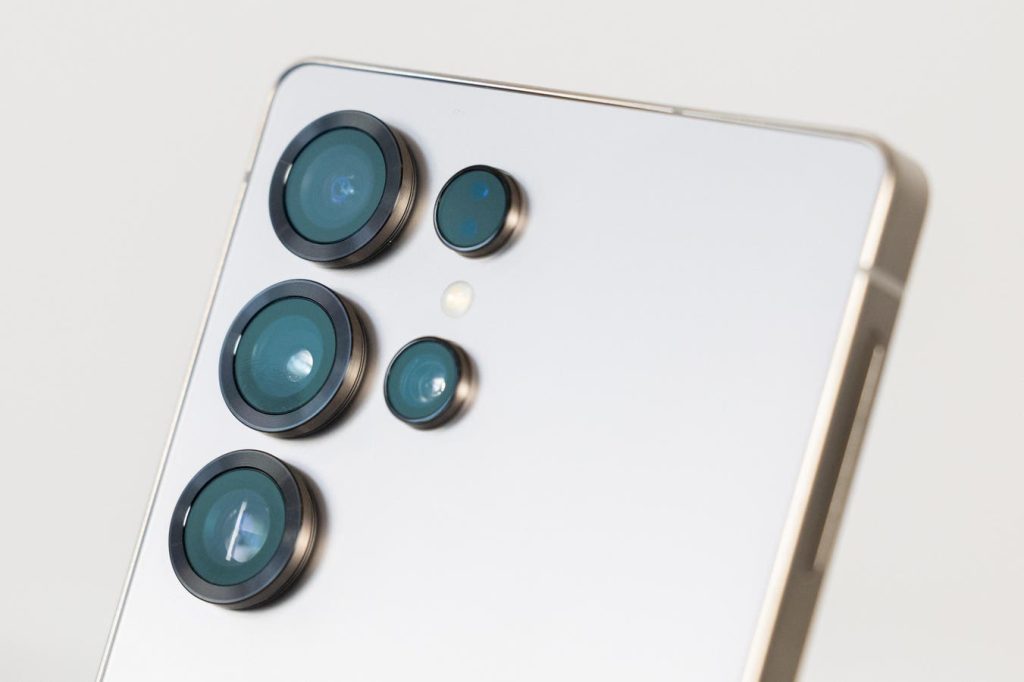Google Gemini Expands Capabilities on Millions of Android Phones, Ushering in a New Era of AI Assistance
In a week marked by significant advancements in the AI landscape, Google has unveiled a suite of updates for its Gemini AI, enhancing its functionality on millions of Android devices. This move comes hot on the heels of Gemini replacing Samsung’s Bixby, further solidifying Google’s position in the burgeoning AI assistant market. The most notable upgrade is Gemini’s newfound ability to execute multi-step tasks spanning various apps through single voice prompts. This marks a pivotal shift from the previous limitations of AI assistants, which often struggled with seamless integration and cross-app functionality.
Previously, tasks such as adding items to a shopping list via a smart speaker or scheduling appointments based on text messages proved challenging for AI assistants like Alexa, Siri, and even Google Assistant. Gemini’s latest update tackles these limitations head-on, enabling a more intuitive and interconnected user experience. Users can now request Gemini to find local restaurants and share the results with friends via WhatsApp, or look up upcoming concert dates and automatically add them to their calendars. This enhanced functionality brings AI assistants closer to their envisioned potential, moving beyond isolated commands to handle more complex, real-world scenarios.
This groundbreaking multimodal capability hinges on Gemini’s integration with app extensions. By leveraging data from a growing list of compatible Google and Samsung apps, including Workspace apps, Spotify, Messages, and WhatsApp, Gemini can access and manipulate information across different platforms. This integration allows for a more streamlined and efficient workflow, as users no longer need to switch between apps manually. While this advancement represents a significant leap forward, it’s important to note that the feature is currently limited to select apps and the boundaries of its capabilities are not always readily apparent.
To effectively utilize Gemini’s new multimodal skills, users need to understand its scope and limitations. While Gemini can successfully locate information within Google Docs and share it with designated contacts, it cannot yet perform actions that require autonomous interaction, such as sending messages on a user’s behalf. For instance, while Gemini can find a list of hair salons, it cannot yet book an appointment directly and add it to the user’s calendar. These limitations highlight the ongoing development of AI assistant technology and the need for ongoing refinement to achieve true seamless integration.
Furthermore, while the ability to request restaurant recommendations and share them directly with friends is a welcome addition, it bypasses an important step in the decision-making process: user review. Many users prefer to vet suggestions before sharing them, a task that still requires human intervention. This exemplifies the delicate balance between automation and user control, a key consideration as AI assistants continue to evolve. The current iteration still necessitates human oversight and fine-tuning, underscoring the ongoing journey towards fully autonomous and intuitive AI assistance.
Beyond the multimodal enhancements, Google has also expanded Gemini Live, the conversational component of the AI service. Now supporting uploaded images, files, and YouTube videos, Gemini Live allows for richer and more contextually relevant interactions. Users can, for example, upload a picture of their refrigerator contents to receive meal suggestions based on available ingredients. This feature, however, is currently exclusive to Pixel 9, Galaxy S24, and S25 phones, indicating a potential trend of premium AI features tied to specific hardware. Concurrently, Google has updated its Circle to Search feature with AI Overviews, providing summarized information atop image search results. This addition, while promising, inherits the ongoing debate surrounding the accuracy of AI-generated summaries, a challenge Google continues to address.
Despite the significant advancements, a noteworthy aspect is Google’s decision to offer these next-generation AI experiences to a broad user base without requiring new hardware or subscriptions. While Google does offer a paid AI subscription tier and Samsung has hinted at potential charges for Galaxy AI in the future, the current updates remain free and accessible to most smartphone users. This strategic move positions Google to capture a larger market share and gather valuable user data to further refine its AI models. It also underscores the increasing democratization of AI technology, making advanced capabilities available to a wider audience. As AI continues to evolve, the balance between free access and premium features will be a key factor in shaping the future of the AI landscape.





